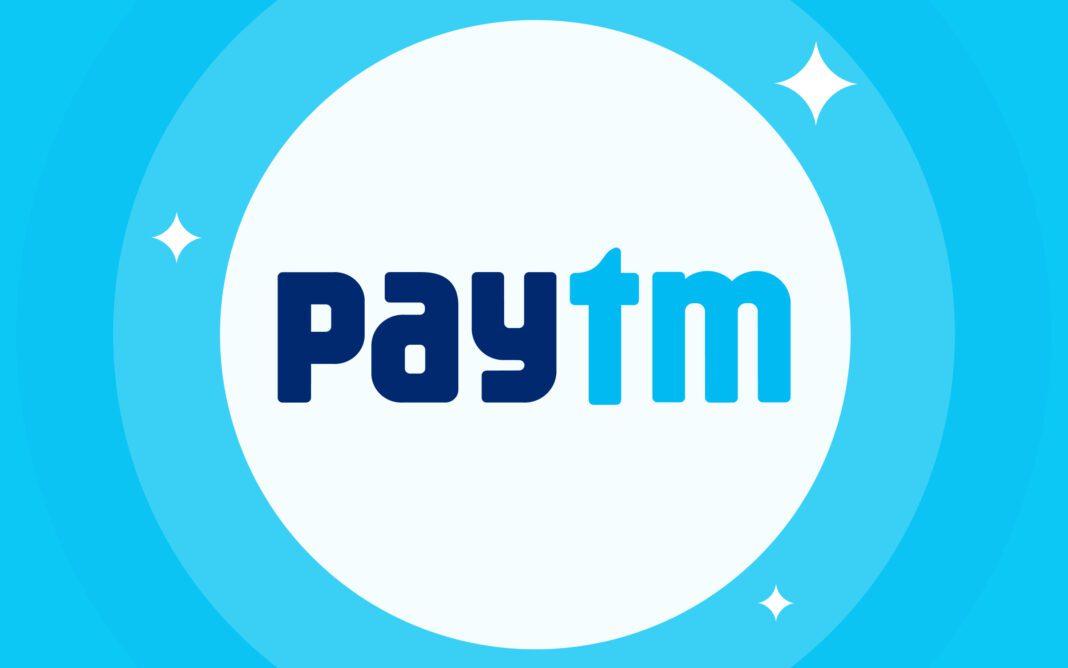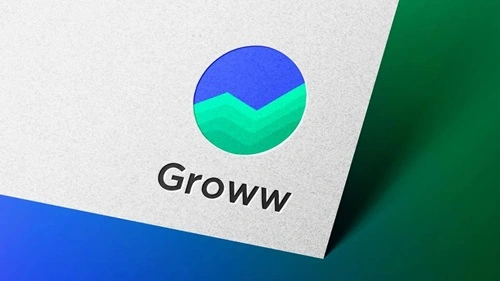Deepinder Goyal, founder-CEO of Eternal and the well-known face behind Zomato, is reportedly exploring the launch of a new wearable-technology company named Temple. The startup appears to be focused on brain-health monitoring via novel wearable devices, though the plans are still at an early stage.
What is Temple and What’s the Vision?
- According to sources, Temple will be a company built around wearable devices aimed at monitoring health metrics, particularly inside the brain.
- The website (still “Coming Soon”) carries the tagline: “The future of health starts where no one’s looking. Inside your brain.”
- Goyal was recently seen wearing a device near his temple (the side of the head), which he confirmed is an experimental gadget measuring brain-blood flow.
- The venture is closely connected to his broader longevity and health-tech initiatives, including Continue Research, which focuses on upstream biological research.
Why This Launch Matters
1. Bridging wearables + brain health
Wearable tech has largely focused on metrics like heart rate, sleep, steps, and metabolic data. The Temple concept signals a move into cerebral health — monitoring brain blood flow, cognition and perhaps ageing.
2. Longevity and preventive health angle
Goyal’s recent work emphasises longevity and upstream biological levers of ageing. Temple could position itself at the intersection of consumer wearables and deep-tech health science.
3. High-risk, high-reward innovation in India
India’s health-tech startup ecosystem is growing, but brain-wearables and longevity tech remain nascent. A founder of Goyal’s profile choosing this path could catalyse further investment.
4. Brand & credibility impact
With Goyal’s reputation and network, Temple will attract attention — for better or worse. The device’s claims and scientific basis will likely face scrutiny.
Key Details & Status Update
- The discussions are at an early stage. Nothing finalised yet, and the device isn’t commercially available.
- The website shows only “Coming Soon”, no pricing, no launch date as yet
- Goyal has confirmed wearing the device for about a year in internal research; he says the gadget measures brain flow.
- The hypothesis at play: Goyal’s team suggests gravitational effects reduce brain blood flow over time (“Gravity Ageing” hypothesis) — though this has met criticism from industry experts.
Risks & Considerations
- Scientific credibility: Some health tech experts have criticised the underlying hypothesis as “sci-fi marketing” or lacking solid peer-reviewed data. NDTV Profit
- Regulatory & data-privacy concerns: Brain-monitoring devices raise medical-device regulation issues, data sensitivity, and consumer trust.
- Commercial readiness: As of now, the device remains experimental. Market adoption — especially at scale — is uncertain.
- Competition: Established wearables and health-tech companies (domestic and global) may challenge any entrant unless Temple offers clear differentiation.
What to Watch Next
- Watch for official announcements: when Temple launches, its product specs, pricing, targeting (research vs consumer).
- Look for clinical evidence: Will Temple publish studies backing its claims (e.g., brain blood-flow improvement, ageing effects)?
- Monitor funding / partnerships: Does Temple receive external venture capital, partner with academic institutions or regulatory bodies?
- Observe market positioning & distribution: Will it be a premium device, subscription-based service, or research tool?
- Check for updates on Goyal’s broader ecosystem: How Temple integrates with his other ventures (Eternal, Continue Research).
Summary
The “Deepinder Goyal wearable startup Temple” is a bold initiative targeting brain-centric wearables and preventive health. While many details remain unconfirmed, the venture could mark a shift in how health-tech startups in India think about wearables — moving from basic activity trackers to deep biological monitoring. As always, the scientific credibility, product readiness and market adoption will decide how the story unfolds.



